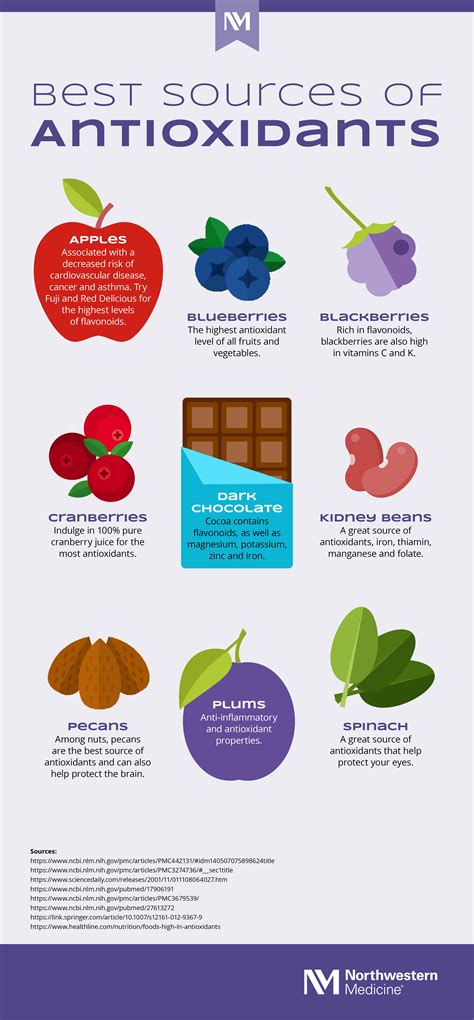Antioxidants - Protectors Against Oxidative Stress
Antioxidants FAQ
What is an antioxidant molecule?
"Antioxidant" is a general term for any compound that can counteract unstable molecules called free radicals that damage DNA, cell membranes, and other parts of cells. Because free radicals lack a full complement of electrons, they steal electrons from other molecules and damage those molecules in the process.
What are antioxidants & why are they important?
Antioxidants are said to help neutralize free radicals in our bodies, and this is thought to boost overall health. Colorful fruits and vegetables can offer a range of antioxidants. Antioxidants can protect against the cell damage that free radicals cause, known as oxidative stress. Activities and processes that can lead to oxidative stress include:
Where do antioxidants come from?
Antioxidants are most often in fruits, vegetables and legumes, although they can be found in almost every food group, according to St. John's Hospital in Jackson, Wyoming. Fruits provide a number of health benefits, antioxidant-richness included.
What is a natural antioxidant?
The term “antioxidant” is not always clearly defined in either popular or scientific literature. In the most general sense, a natural or synthetic antioxidant directly or indirectly functions to minimize damage to biomolecules (mostly proteins, lipids, and DNA) caused by reactive oxygen species (ROS) and/or reactive nitrogen oxide species (RNOS).
How do antioxidants work?
These defenders are labeled “antioxidants.” They work by generously giving electrons to free radicals without turning into electron-scavenging substances themselves. They are also involved in mechanisms that repair DNA and maintain the health of cells. There are hundreds, probably thousands, of different substances that can act as antioxidants.
Antioxidants References
If you want to know more about Antioxidants, consider exploring links below:
What Is Antioxidants
- https://www.healthline.com/nutrition/antioxidants-explained
- https://www.health.harvard.edu/staying-healthy/understanding-antioxidants
- https://en.wikipedia.org/wiki/Antioxidant
- https://health.clevelandclinic.org/what-do-antioxidants-do
- https://www.medicalnewstoday.com/articles/301506
- https://www.hsph.harvard.edu/nutritionsource/antioxidants/
- https://biologydictionary.net/antioxidant/
- https://www.healthdirect.gov.au/antioxidants
- https://www.livescience.com/antioxidants
- https://www.health.com/nutrition/what-are-antioxidants
Antioxidants Information
Explore Related Topics
The Role of Nutrition in Exercise-Induced Asthma
Examining how diet and nutrition play a role in managing exercise-induced asthma. Discuss anti-inflammatory foods and supplements that may help.
Can Diet Make a Difference in Managing Exercise-Induced Asthma in Children?
Discuss the role of diet in managing exercise-induced asthma in children, exploring nutritional strategies.
